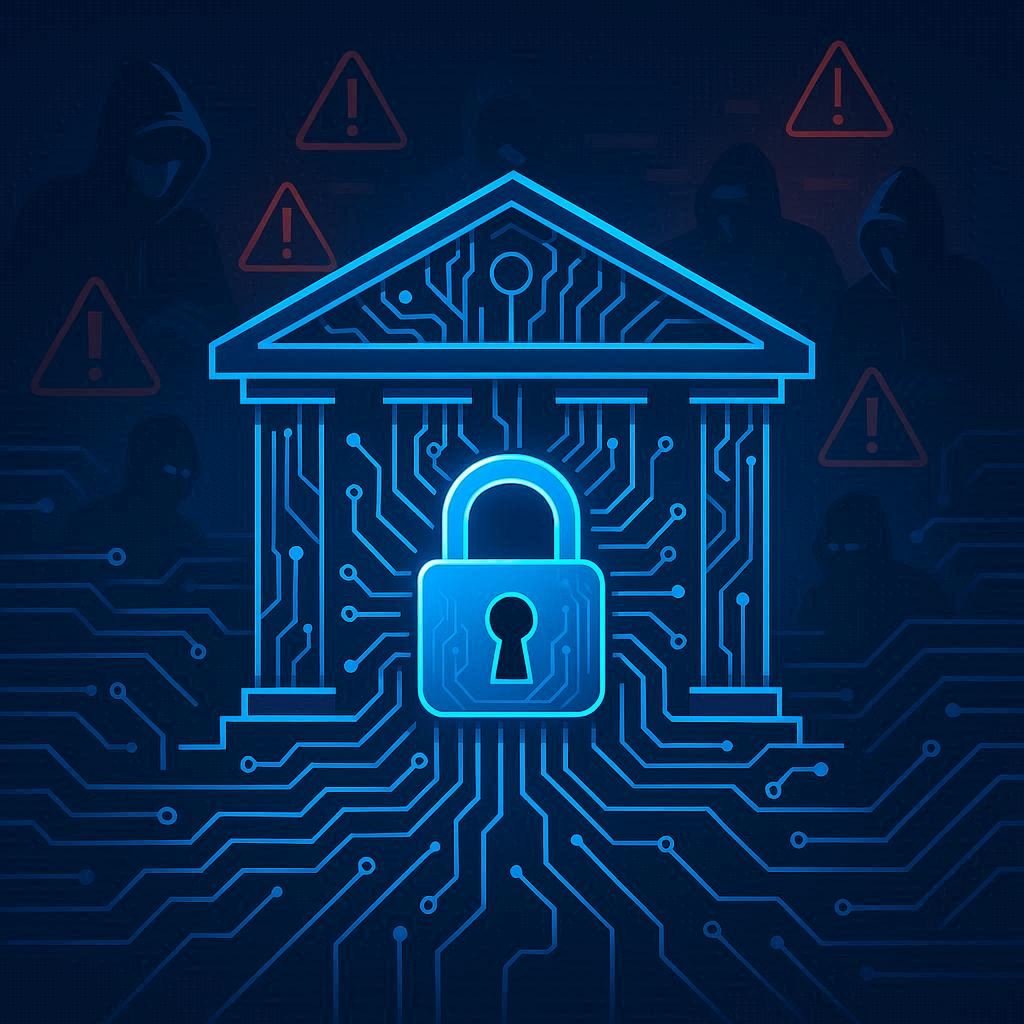So… What Just Happened?
In 2025, the U.S. federal court system had one of those “you had one job” moments.
Hackers broke into the Case Management/Electronic Case Files (CM/ECF) and PACER systems—places where millions of court documents live, including top-secret ones like sealed criminal cases, informant identities, and national security files.
It wasn’t just an “oops” moment. It was a “this could mess with justice and people’s lives” kind of situation.
The thing is… the holes in their cybersecurity Swiss cheese? They’re the same holes a lot of government agencies still have. Which means, if you work in government IT or know someone who does—this is the cautionary tale you forward them with the subject line: “Read before we get hacked.”
What Went Wrong (in Plain English)
The hackers didn’t need James Bond gadgets to get in. They exploited things like:
- Old tech from the 90s (yes, Friends was still airing when this system was new)
- Passwords-only logins (multi-factor authentication? never heard of her… until it was too late)
- Mixing top-secret files with public ones (like putting your diary and your public Facebook posts in the same Google Doc)
- Updates that took forever (some bugs sat around for years, sipping coffee, waiting to be exploited)
Once they got in, the attackers had access to the kind of info you really, really don’t want strangers browsing.
7 Cybersecurity Lessons (That Don’t Require a PhD to Understand)
- Upgrade Your Tech. Seriously: If your system is older than TikTok, it’s probably a hacker’s dream. The courts had over 200 separate systems, all running on slightly different setups. That’s like trying to guard a castle with 200 gates—some with locks, some with “Please Don’t Enter” signs.
- Passwords Alone Are Out: Multi-factor authentication (MFA) is the online equivalent of checking someone’s ID and making them answer a secret question before they get in. It should’ve been there from day one.
- Update Like You Mean It: Hackers often get in through known weaknesses. If you delay updates, it’s like leaving your front door wide open because you “haven’t had time” to fix the lock.
- Keep Public and Secret Files Far, Far Apart: Imagine putting your Wi-Fi password on your fridge next to your grocery list. Don’t store sensitive files in the same place you keep public info.
- Have an Emergency Plan: When things go wrong, you need to know exactly who’s doing what—like a fire drill, but for hackers.
- Budget for Cybersecurity: Good security costs money, but so does getting hacked. The courts’ outdated systems were partly a funding problem. Invest in people, tools, and training.
- Adopt Zero-Trust Security: This basically means: trust no one, verify everyone, every time. Even people “inside” the system.
Why This Isn’t Easy (But Is Totally Worth It)
Sure, all this sounds nice on paper, but government agencies have some hurdles:
- Budgets tighter than your favorite skinny jeans
- Staff who like the “old way” of doing things
- Compatibility headaches with other agencies
- Balancing transparency with keeping secrets safe
Still, the alternative—being the next big breach in the news—is way worse.
Conclusion:
The 2025 U.S. federal courts breach isn’t just a bad memory for them—it’s a flashing neon sign for every government agency that says:
“Fix your systems before its too late.”
Cybersecurity isn’t just an IT problem—it’s a trust problem. The public needs to believe their info is safe. And while no system is 100% hacker-proof, most breaches happen because of mistakes we already know how to fix.
So whether you’re in a federal office, a state agency, or a local department with “vintage” computers, take the hint:
Upgrade, protect, and prepare—before you’re explaining to the press why a hacker in another country has your court files.
Follow us for more such News.




